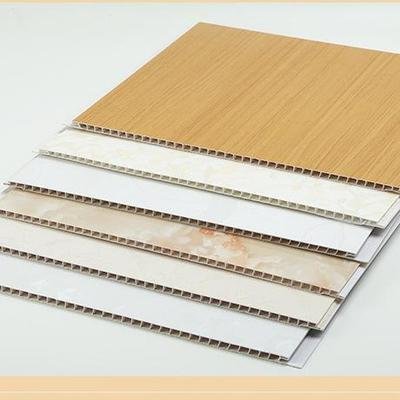Understanding NC Foaming Agents for WPC Boards: Enhancing Performance and Sustainability
Release time: 2024-10-31
NC foaming agents play a crucial role in the manufacturing of Wood Plastic Composite (WPC) boards, which are increasingly popular in construction and furniture applications. These agents are specialized additives that help to create a cellular structure within the composite material, enhancing its physical properties and performance.
One of the primary functions of NC foaming agents is to reduce the overall density of WPC boards. By introducing gas bubbles during the manufacturing process, these agents create a lighter product without compromising strength. This lightweight feature is particularly beneficial for applications where weight reduction is essential, such as in outdoor decking, wall panels, and furniture.
In addition to reducing weight, NC foaming agents also improve the thermal and acoustic insulation properties of WPC boards. The cellular structure formed by the foaming process helps to trap air, which acts as an insulator. This can contribute to better energy efficiency in buildings, as well as provide a quieter environment by dampening sound transmission.
Another significant advantage of using NC foaming agents is their impact on sustainability. WPC boards are already considered an eco-friendly alternative to traditional materials, as they are made from recycled wood fibers and plastic. The incorporation of NC foaming agents further enhances their environmental profile by minimizing the amount of raw material required to achieve desired performance characteristics. This reduction in material usage not only lowers production costs but also decreases the overall environmental footprint of the product.
Moreover, NC foaming agents are compatible with various processing techniques, including extrusion and injection molding. This versatility makes them an ideal choice for manufacturers looking to optimize their production processes while maintaining high-quality output. The ability to customize the foaming agent formulation allows producers to tailor the properties of the WPC boards to meet specific application requirements.
Furthermore, it's essential for manufacturers to choose the right type of NC foaming agent that aligns with their specific formulations and end-use applications. The selection process should consider factors such as the desired expansion ratio, processing temperature, and compatibility with other additives.
In conclusion, NC foaming agents are integral to the production of high-quality WPC boards. Their ability to enhance performance, improve insulation properties, and promote sustainability makes them a valuable addition to the manufacturing process. As the demand for eco-friendly building materials continues to grow, the role of NC foaming agents in WPC board production is set to become increasingly important, paving the way for innovative and sustainable solutions in the industry.
One of the primary functions of NC foaming agents is to reduce the overall density of WPC boards. By introducing gas bubbles during the manufacturing process, these agents create a lighter product without compromising strength. This lightweight feature is particularly beneficial for applications where weight reduction is essential, such as in outdoor decking, wall panels, and furniture.
In addition to reducing weight, NC foaming agents also improve the thermal and acoustic insulation properties of WPC boards. The cellular structure formed by the foaming process helps to trap air, which acts as an insulator. This can contribute to better energy efficiency in buildings, as well as provide a quieter environment by dampening sound transmission.
Another significant advantage of using NC foaming agents is their impact on sustainability. WPC boards are already considered an eco-friendly alternative to traditional materials, as they are made from recycled wood fibers and plastic. The incorporation of NC foaming agents further enhances their environmental profile by minimizing the amount of raw material required to achieve desired performance characteristics. This reduction in material usage not only lowers production costs but also decreases the overall environmental footprint of the product.
Moreover, NC foaming agents are compatible with various processing techniques, including extrusion and injection molding. This versatility makes them an ideal choice for manufacturers looking to optimize their production processes while maintaining high-quality output. The ability to customize the foaming agent formulation allows producers to tailor the properties of the WPC boards to meet specific application requirements.
Furthermore, it's essential for manufacturers to choose the right type of NC foaming agent that aligns with their specific formulations and end-use applications. The selection process should consider factors such as the desired expansion ratio, processing temperature, and compatibility with other additives.
In conclusion, NC foaming agents are integral to the production of high-quality WPC boards. Their ability to enhance performance, improve insulation properties, and promote sustainability makes them a valuable addition to the manufacturing process. As the demand for eco-friendly building materials continues to grow, the role of NC foaming agents in WPC board production is set to become increasingly important, paving the way for innovative and sustainable solutions in the industry.
 sales@feihengchem.com
sales@feihengchem.com
 +8615665855919
+8615665855919 中文
中文 English
English España
España











